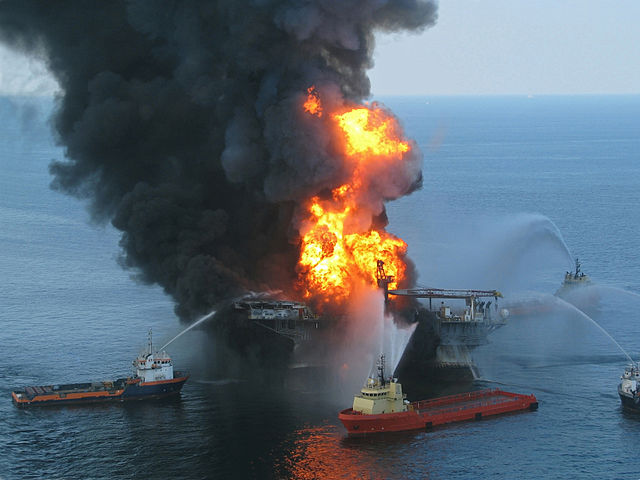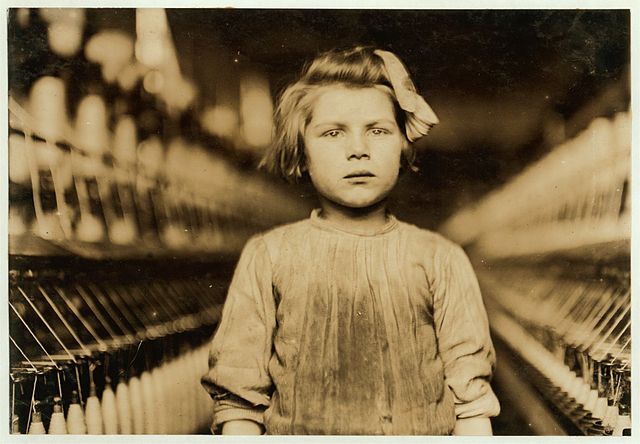Vicarious liability in English law
Vicarious liability in English law is a doctrine of English tort law that imposes strict liability on employers for the wrongdoings of their employees. Generally, an employer will be held liable for any tort committed while an employee is conducting their duties. This liability has expanded in recent years following the decision in Lister v Hesley Hall Ltd to better cover intentional torts, such as sexual assault and deceit. Historically, it was held that most intentional wrongdoings were not in the course of ordinary employment, but recent case law suggests that where an action is closely connected with an employee's duties, an employer can be found vicariously liable. The leading case is now the Supreme Court decision in Catholic Child Welfare Society v Institute of the Brothers of the Christian Schools, which emphasised the concept of "enterprise risk".

Liability for independent contractors was found in Honeywill and Stein Ltd v Larkin Brothers Ltd where photographers hazardously undertook to photograph a theatre interior, and set alight to it.
For an act to not hold an employer vicariously liable, it must be completely outside an employee's duties, as in Beard v London General Omnibus Company.
Liability for assault has been found much more readily than other intentional torts, as in Smith v North Metropolitan Tramways Co.
English tort law concerns the compensation for harm to people's rights to health and safety, a clean environment, property, their economic interests, or their reputations. A "tort" is a wrong in civil law, rather than criminal law, that usually requires a payment of money to make up for damage that is caused. Alongside contracts and unjust enrichment, tort law is usually seen as forming one of the three main pillars of the law of obligations.
Tort law concerns civil wrongs, damaging people's rights to health and safety, property, or a clean environment. Most accidents have become strictly regulated, and may require insurance, for workplaces, road accidents, products, or environmental harm such as the Deepwater Horizon oil spill.
19th century regulation limited child labour and working time in factories and mines, but employers were not always liable for accidents until 1937.
Strikers gathering in Tyldesley in the 1926 General Strike in the UK






